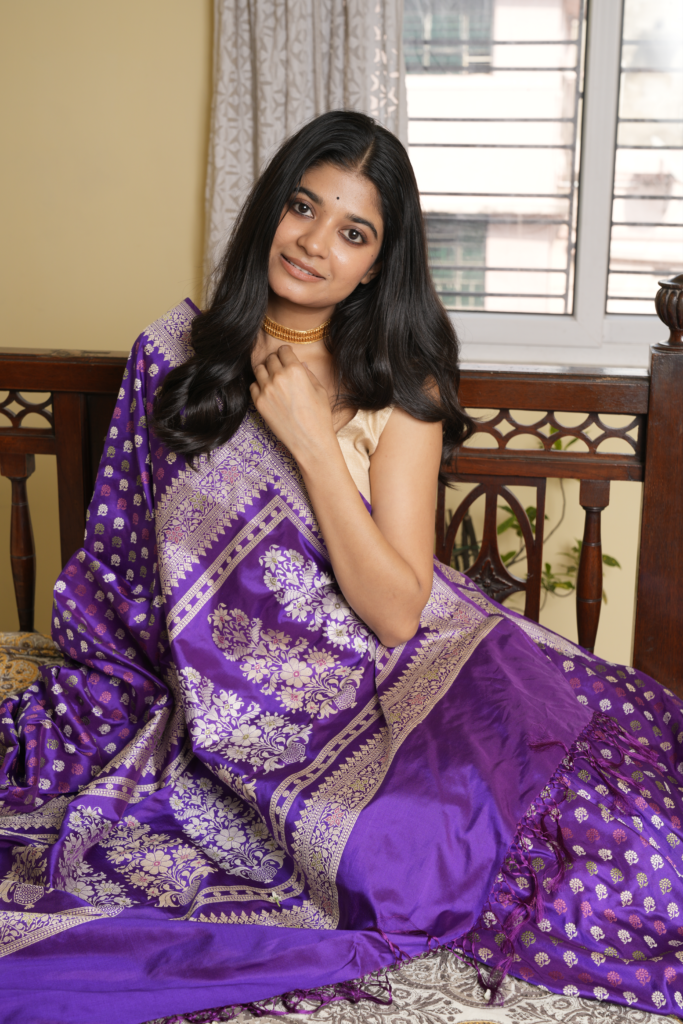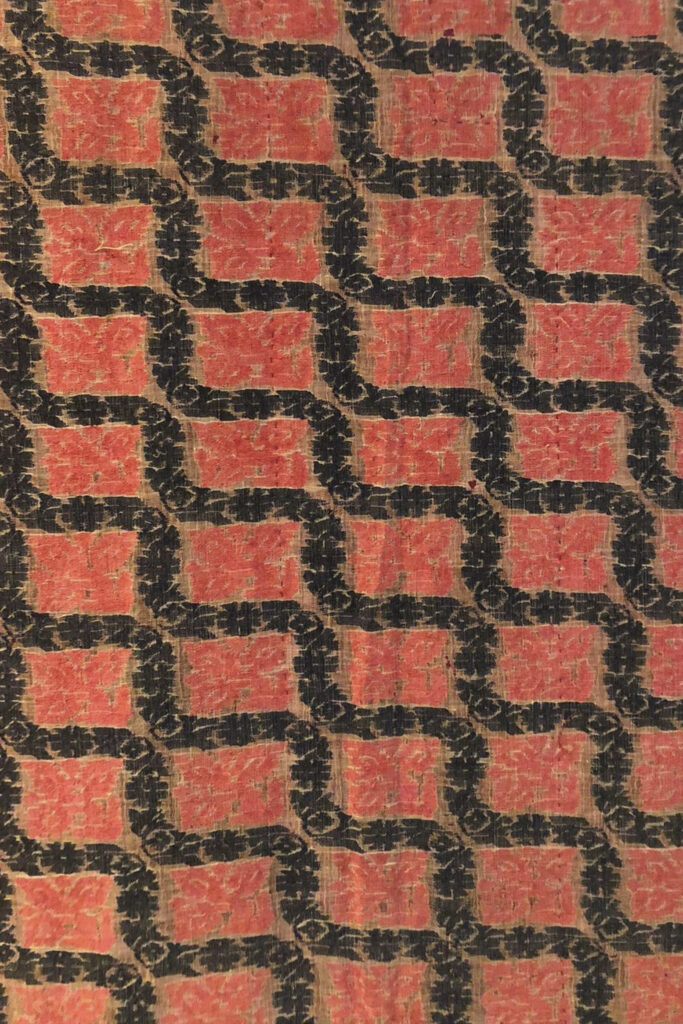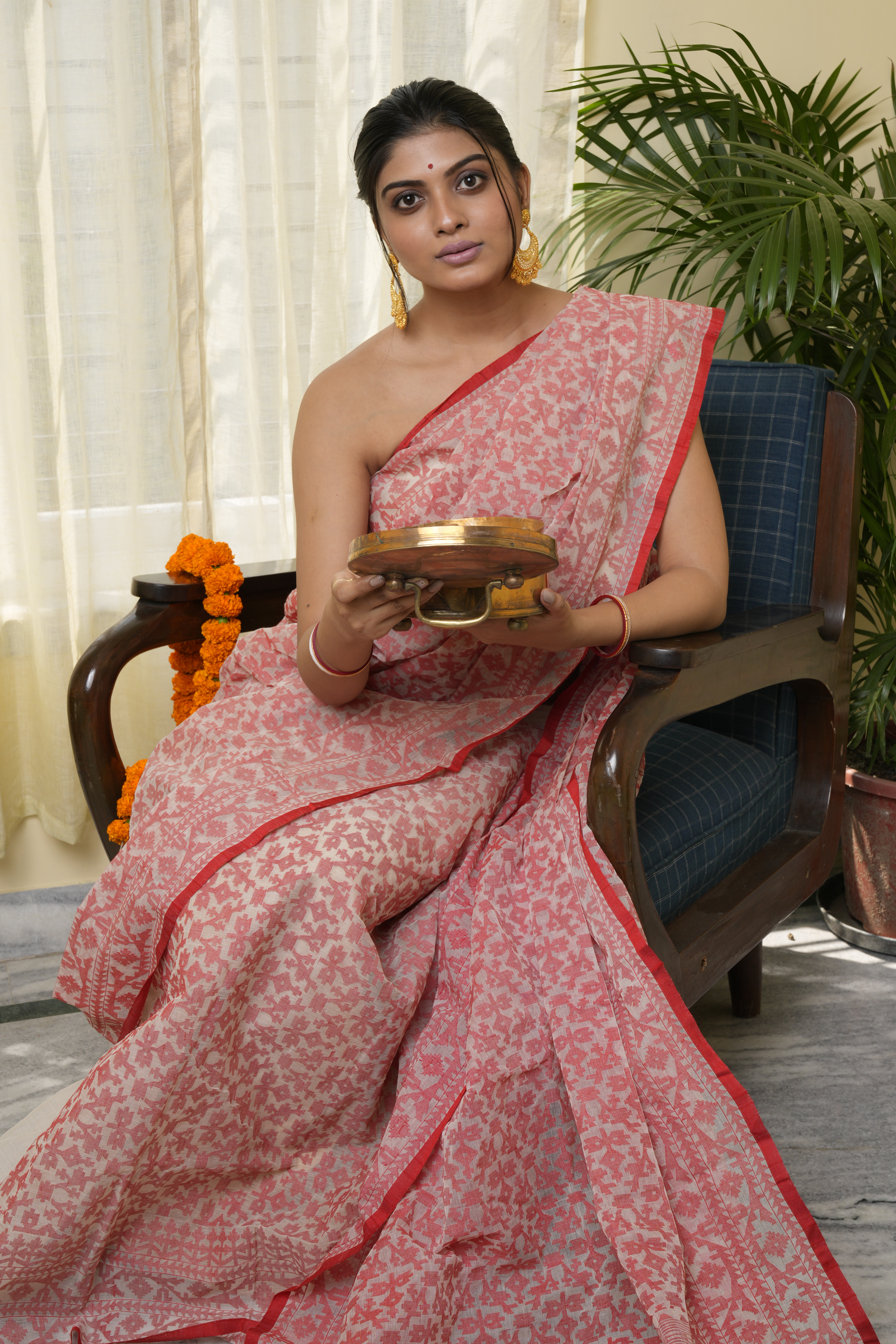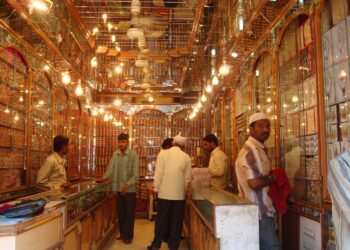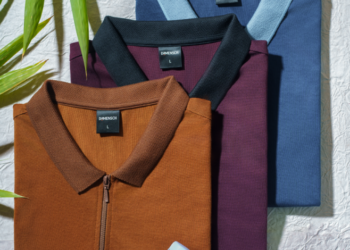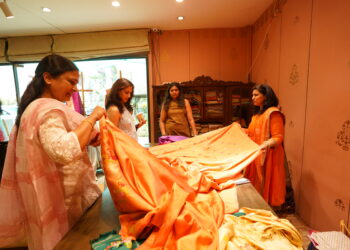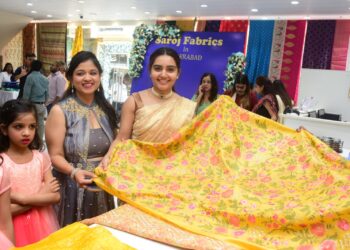This sari studio is all about celebrating Indian weaves
While every region of India has unique styles of weaving, among the most exquisite are the Jamdanis and Balucharis from Bengal. Unfortunately, when these weaves got popular, the weavers too started creating for a mass market compromising on the craftsmanship that was prevalent originally. Luckily for us, we have passionate researchers like Rajeswari Sengupta who work on reimagining designs seen only with collectors and museums, and giving these saris a contemporary context. For instance, she has made a prototype of a Benarasi sari worn by no less a person than Rabindranath Tagore’s mother, Sharada Devi, in the 19th century whose example she saw at the Indian Museum in Kolkata.
London-based Rajeswari who owns The Far East Art Studio works with weaver clusters in Benaras and Dhaka says, one of the Jamdanis took more than a year to make in Dhaka, and is incidentally priced at Rs 6 lakhs. Rajeswari also works with Naqshabandhs from Benaras whose family recreated Balucharis from the 19th century that no one in Bengal could weave. “The original Balucharis surprisingly don’t have figures from the Ramayana or the Mahabharata, they were either those of Nawabs or Englishmen,” she explains. She has recently recreated a Baluchari that she saw at the Victoria and Albert Musuem in London which only has floral motifs.
Rajeswari, who confides that as young girls, she and her cousins wore Benaras and Jamdani saris of their mothers and grandmothers rather than buying new ones, has always been conscious of her heritage. And living in London she missed all of this, which is why she travels every other month on her work to the clusters she works with.
She will be bringing many of these revival Benarasis, Jamdanis and Balucharis to Hyderabad in an exhibition cum sale on January 24th and 25th.
Prices: Range from Rs 25,000 to Rs 6 lakhs for the saris
Urvi, CCT spaces, First Floor, Road No. 12, Banjara Hills
Tel: 90519 63513
Timings: 11 am to 6 pm
